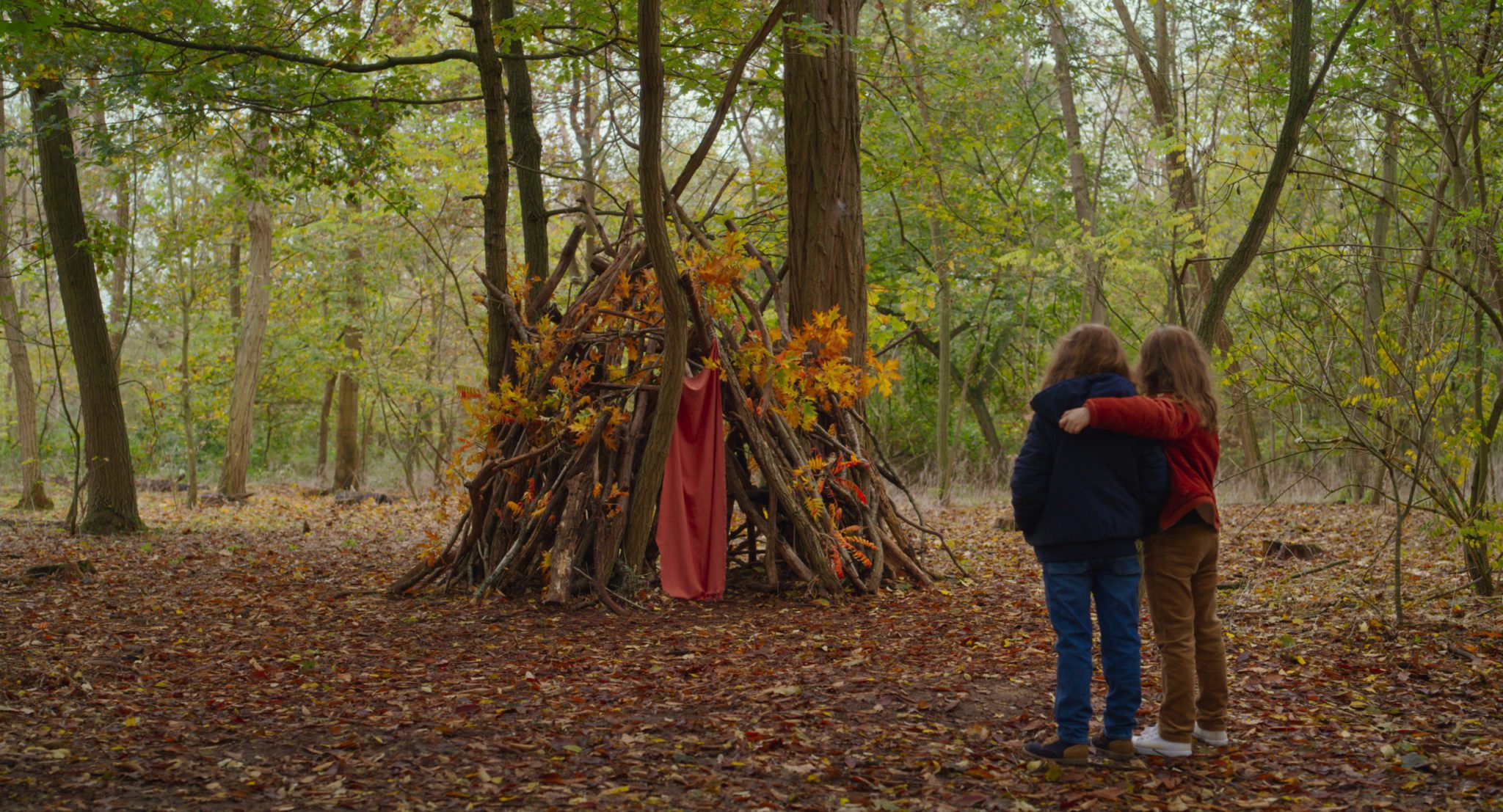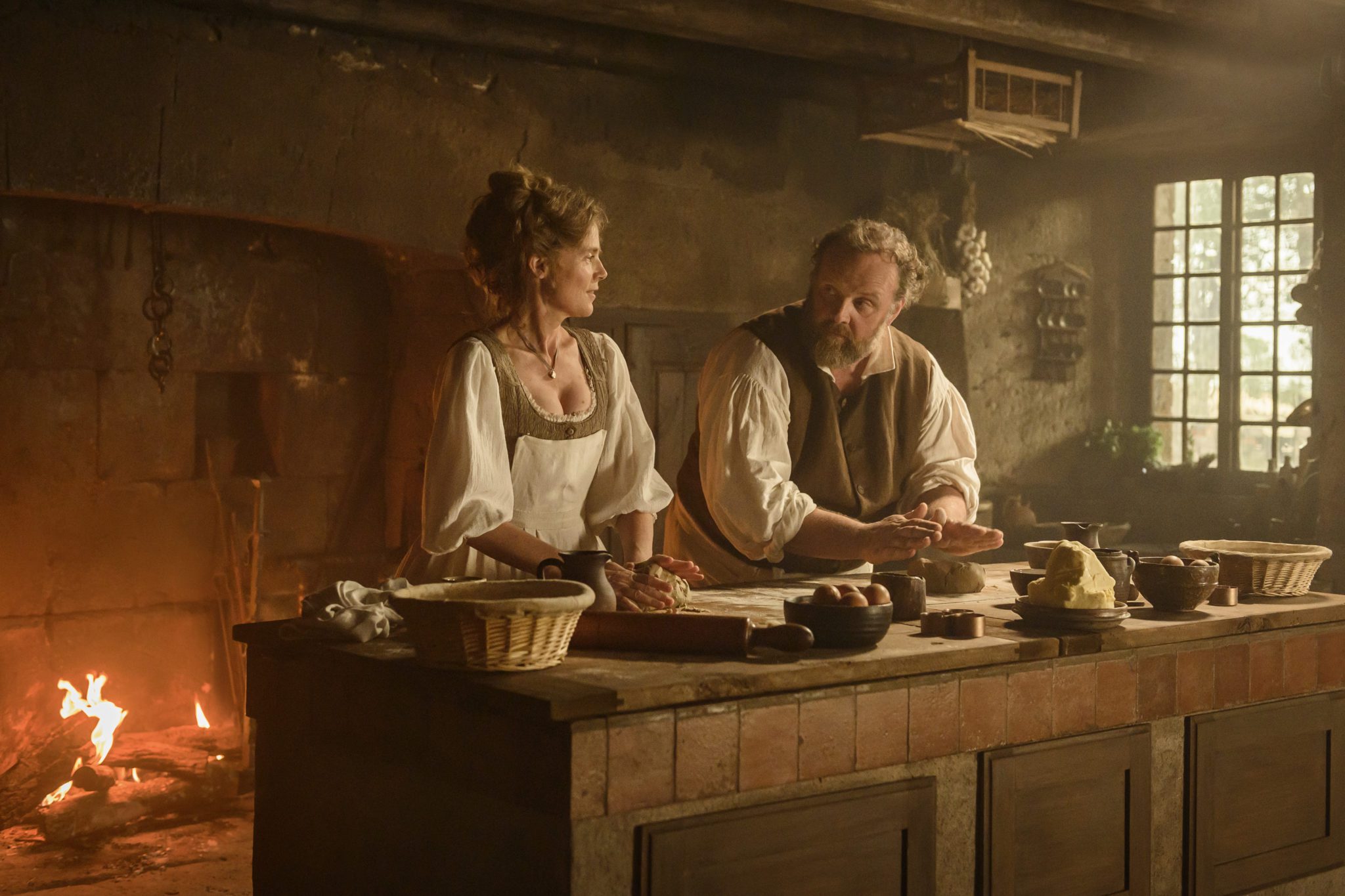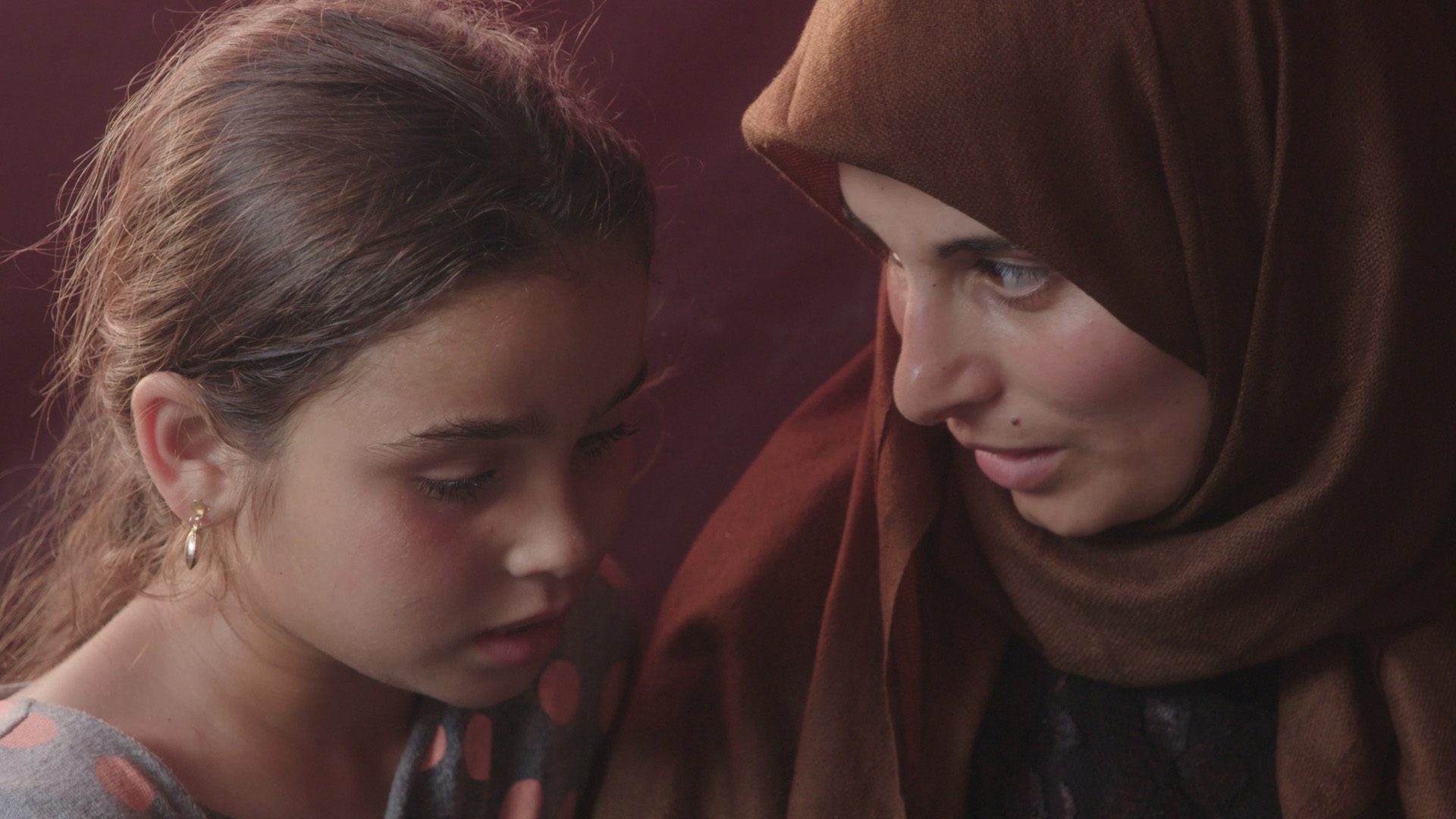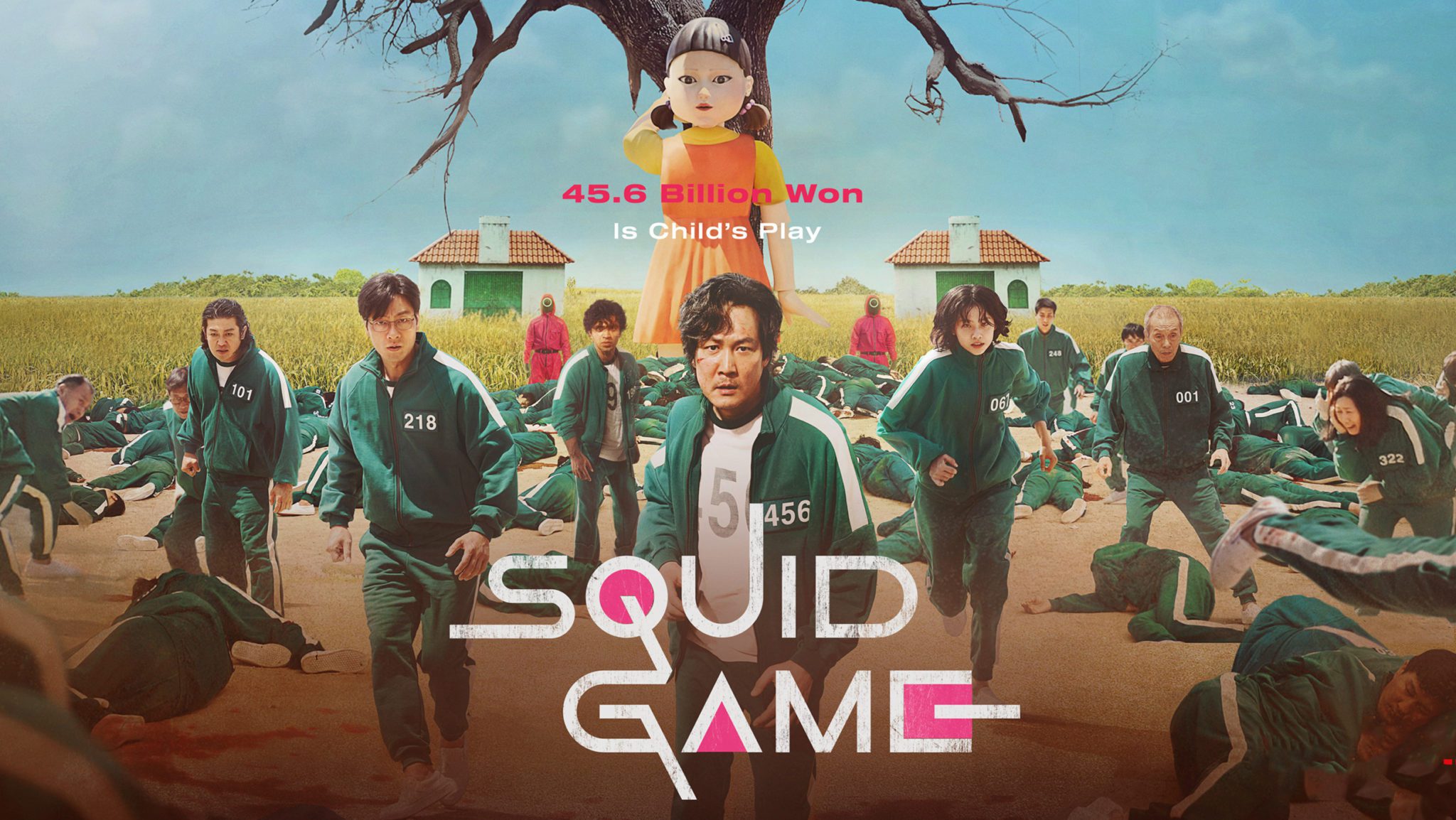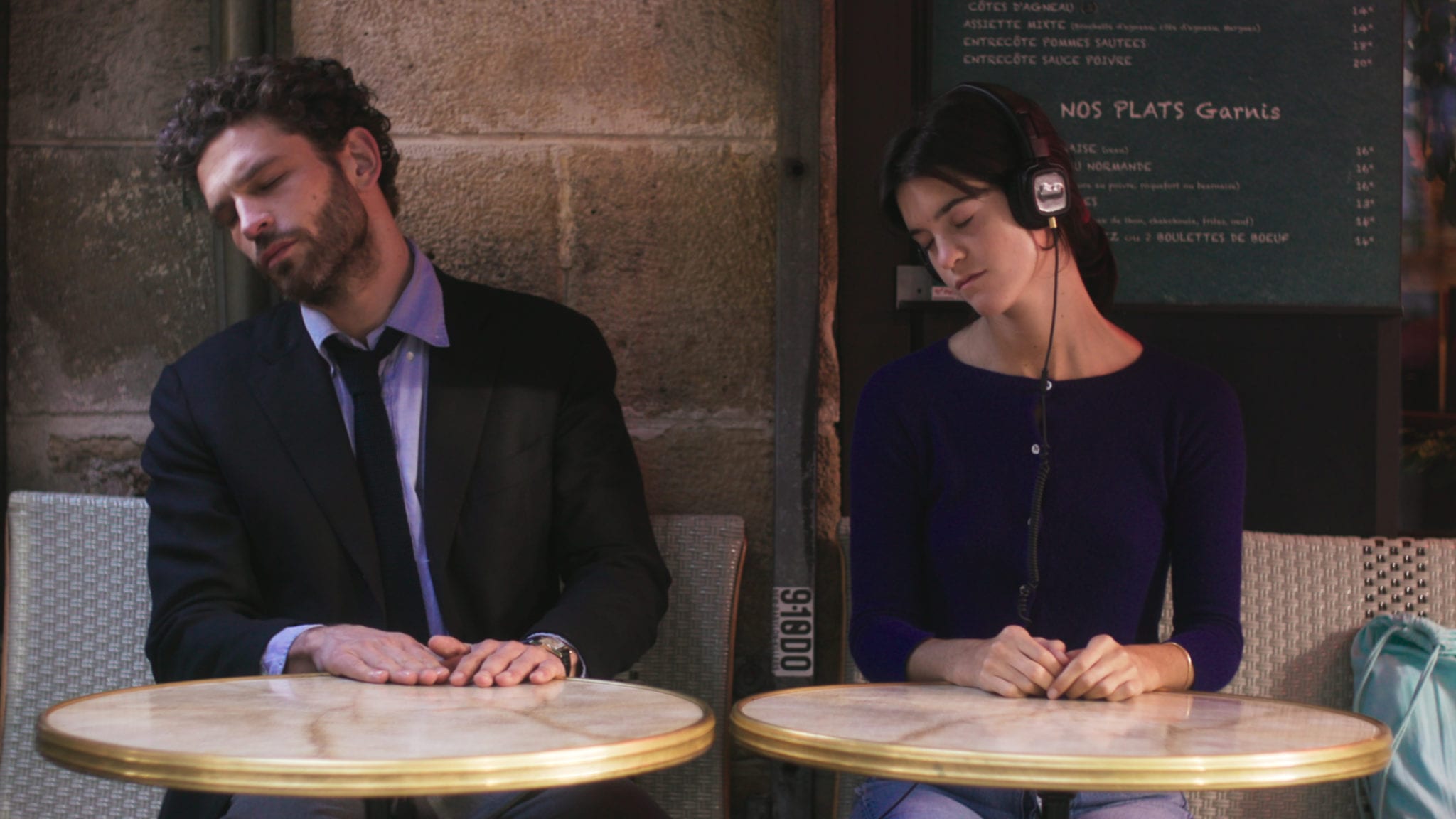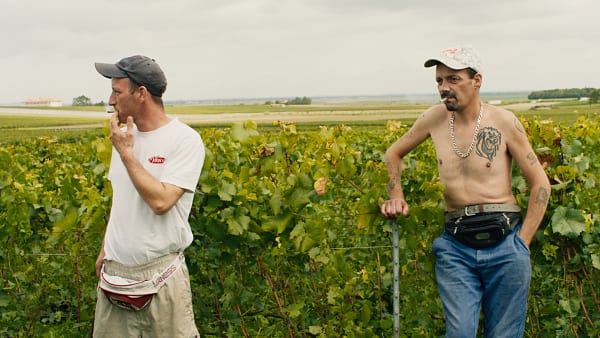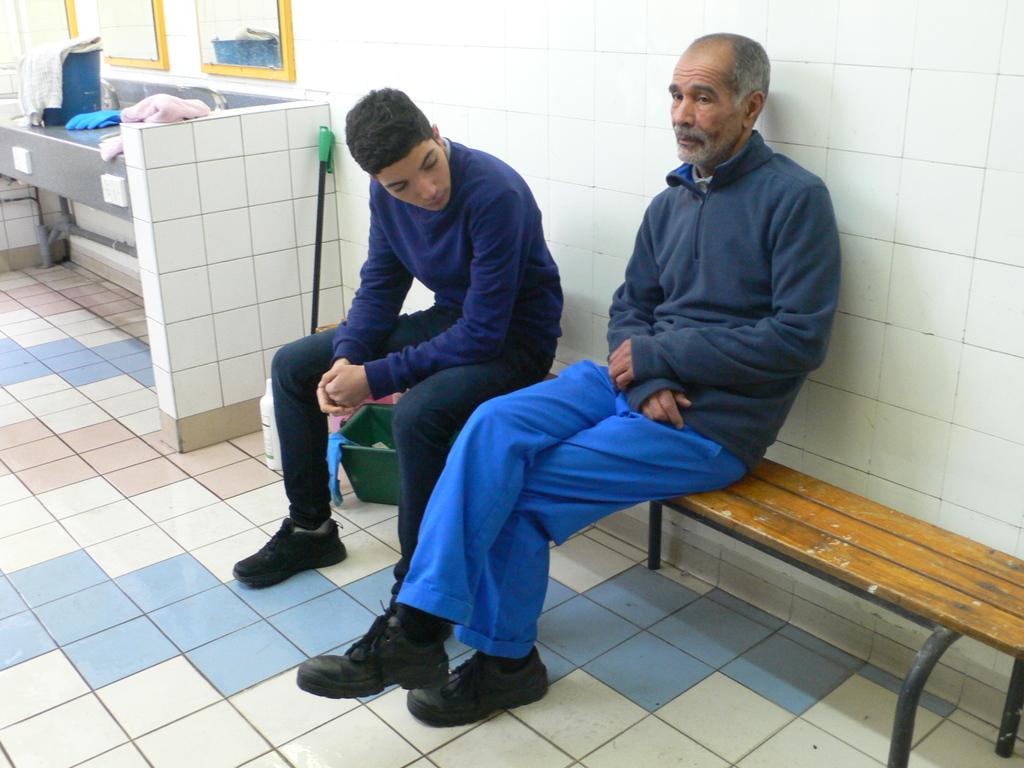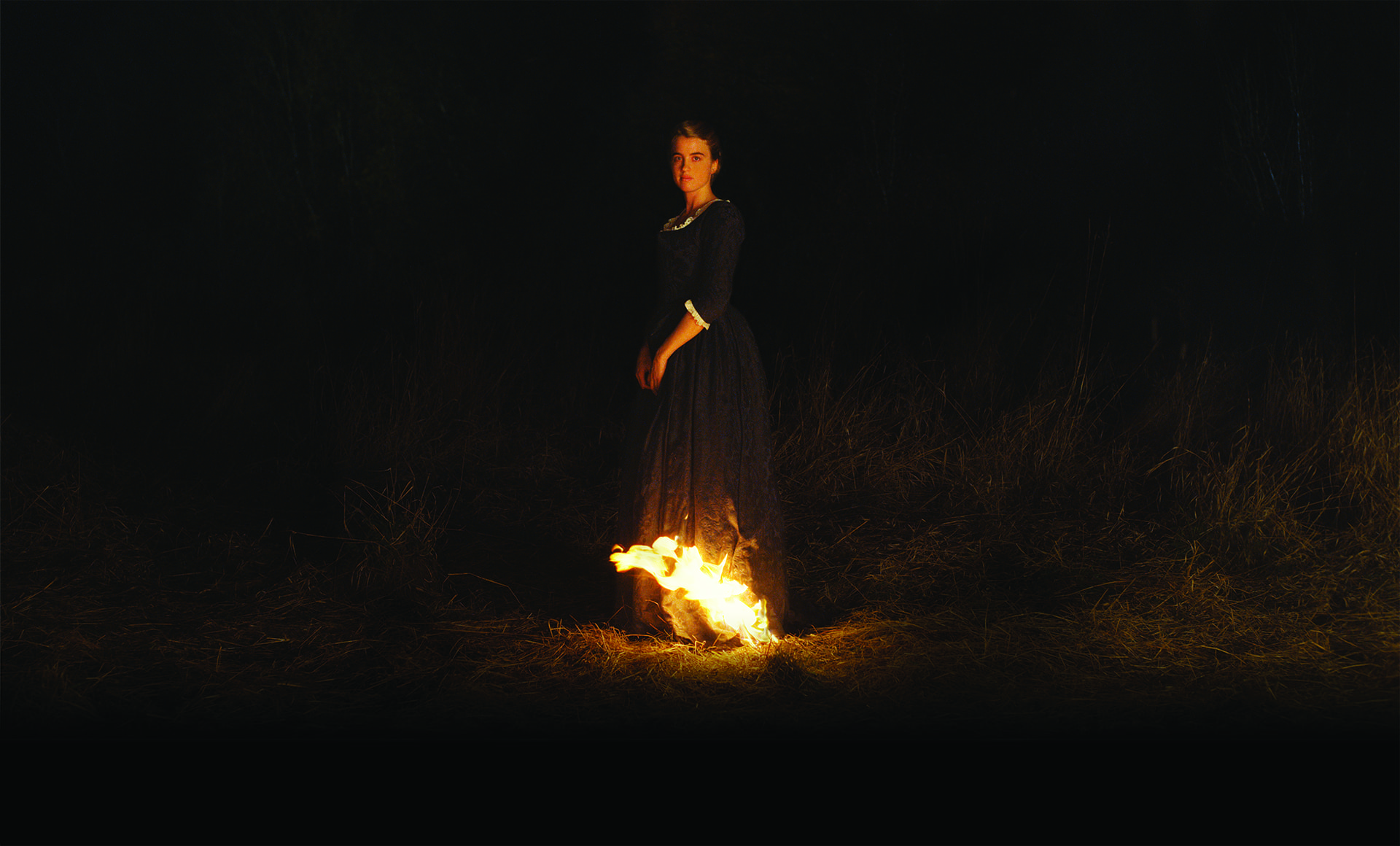
Hold Me Tight – Being human
?It?s human.? What we see in Mathieu Almaric?s film Hold Me Tight is indeed very human. Of course, sometimes being human means suffering through great pain. Perhaps it can also mean moving past that pain. Clarisse (Vicky Krieps) is on a journey away from her family. We aren?t told immediately what she is moving away…

